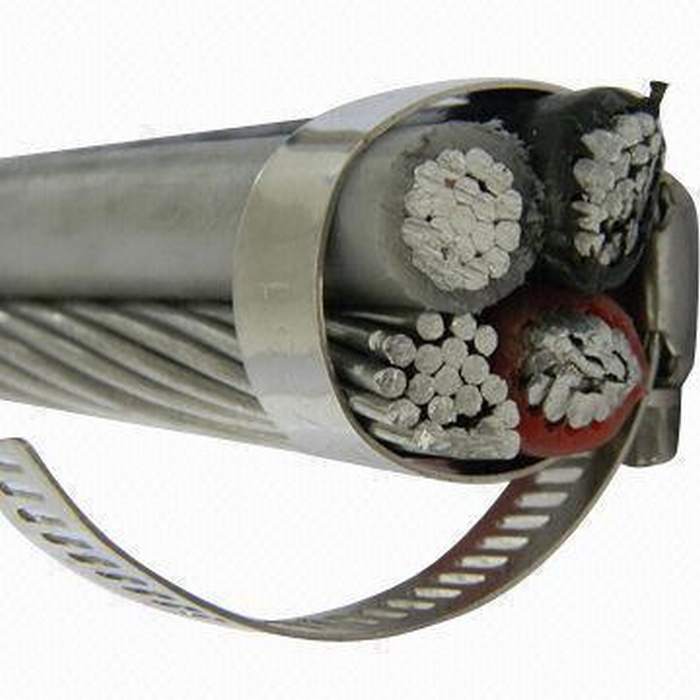In the world of electrical transmission, aluminum cables have emerged as a versatile and reliable solution for carrying electricity over long distances. These lightweight yet incredibly strong wires are an essential component of our modern electrical infrastructure, powering homes, businesses, and industries alike.
At first glance, aluminum might not seem like the most obvious choice for electrical cables. After all, copper has traditionally been the material of choice for electrical wiring due to its excellent conductivity and resistance to corrosion. However, aluminum cables offer several advantages that make them an attractive alternative for many applications.

For starters, aluminum cables are significantly lighter than copper cables of the same size. This makes them easier to transport, install, and maintain, reducing costs and improving efficiency. In addition, aluminum is a more abundant resource than copper, which helps to keep the cost of aluminum cables competitive.
Despite their light weight, aluminum cables are incredibly strong and durable. They can withstand a wide range of environmental conditions, from extreme heat to corrosive elements, without compromising their performance. This makes them an ideal choice for outdoor applications, such as power lines and transmission towers.
Another advantage of aluminum cables is their high conductivity. While aluminum is not as conductive as copper, modern manufacturing techniques have made it possible to produce aluminum cables with conductivity levels that are comparable to copper. This means that aluminum cables can transmit electricity just as efficiently as copper cables, without sacrificing performance.
Furthermore, aluminum cables are environmentally friendly. They are 100% recyclable, which means that they can be melted down and reused again and again without losing their properties. This reduces waste and helps to conserve natural resources.
In conclusion, aluminum cables are a versatile and reliable solution for electrical transmission. Their lightweight strength, durability, high conductivity, and environmental friendliness make them an attractive alternative to copper cables for many applications. As we continue to invest in our electrical infrastructure and strive for a more sustainable future, aluminum cables will play an increasingly important role in powering our world.